
Guides families through inherited risks, helping them understand genetic disorders, screening results, and make informed reproductive health decisions.

A non-invasive early pregnancy test combining ultrasound and blood work to assess risk for chromosomal abnormalities like Down syndrome.
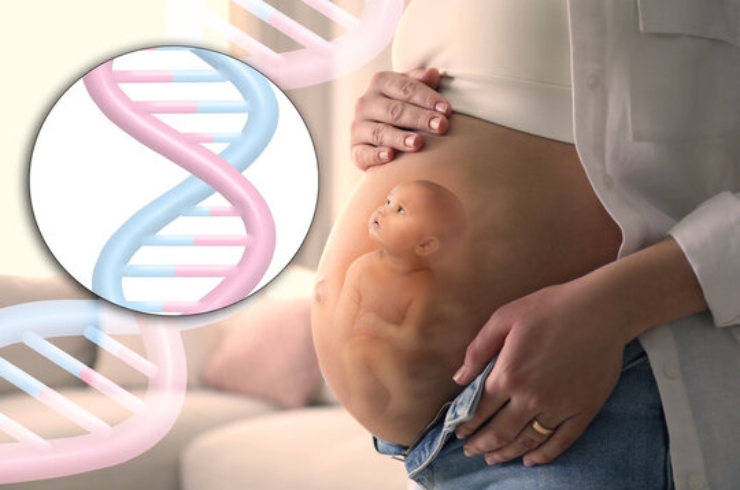
Advanced blood test analyzing fetal DNA for detecting chromosomal abnormalities without harming mother or baby, typically after 10 weeks.
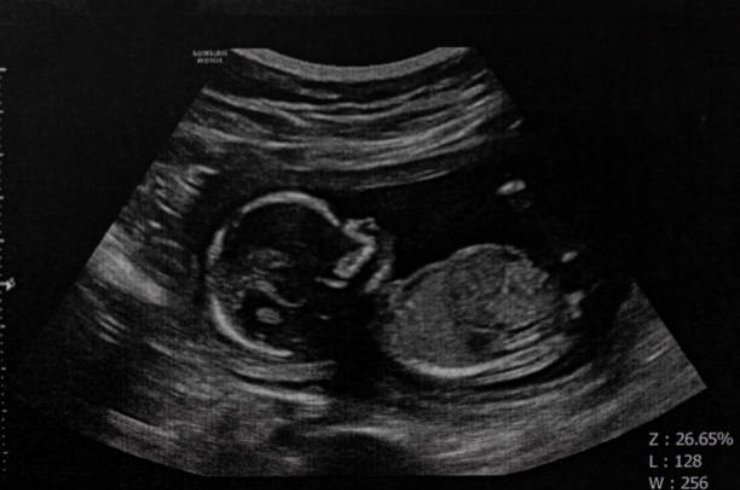
Comprehensive mid-pregnancy ultrasound evaluating fetal organs, limbs, and development to detect structural anomalies around 18 to 22 weeks.

Specialized ultrasound to evaluate fetal heart structure, rhythm, and function, identifying congenital heart defects and guiding early treatment planning.
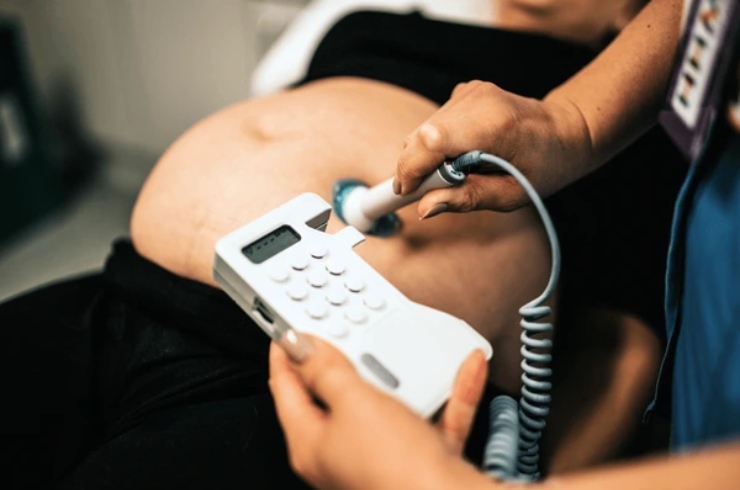
Ultrasound scans measure fetal size and blood flow to monitor development, placental function, and ensure proper oxygen and nutrient supply.

Fetal Neurosonography is a specialized ultrasound that assesses the developing baby’s brain and spine for structural abnormalities during pregnancy.
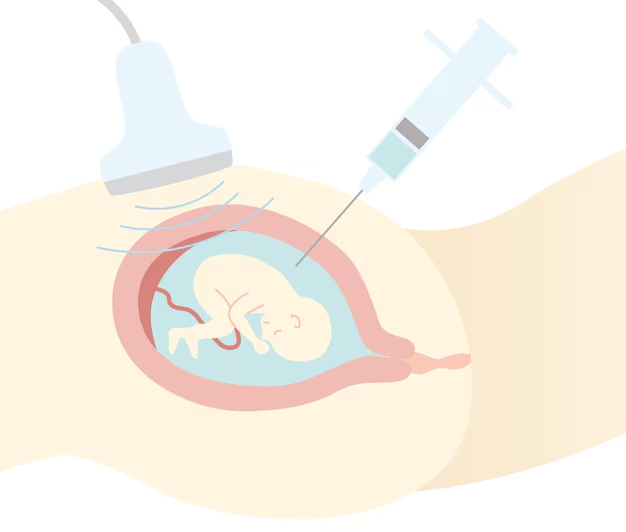
Amniocentesis is a prenatal test where a small amount of amniotic fluid is collected to detect genetic conditions and fetal abnormalities.

Chorionic villus Sampling (CVS) is a prenatal test that involves collecting placental tissue to detect genetic and chromosomal conditions early in pregnancy.
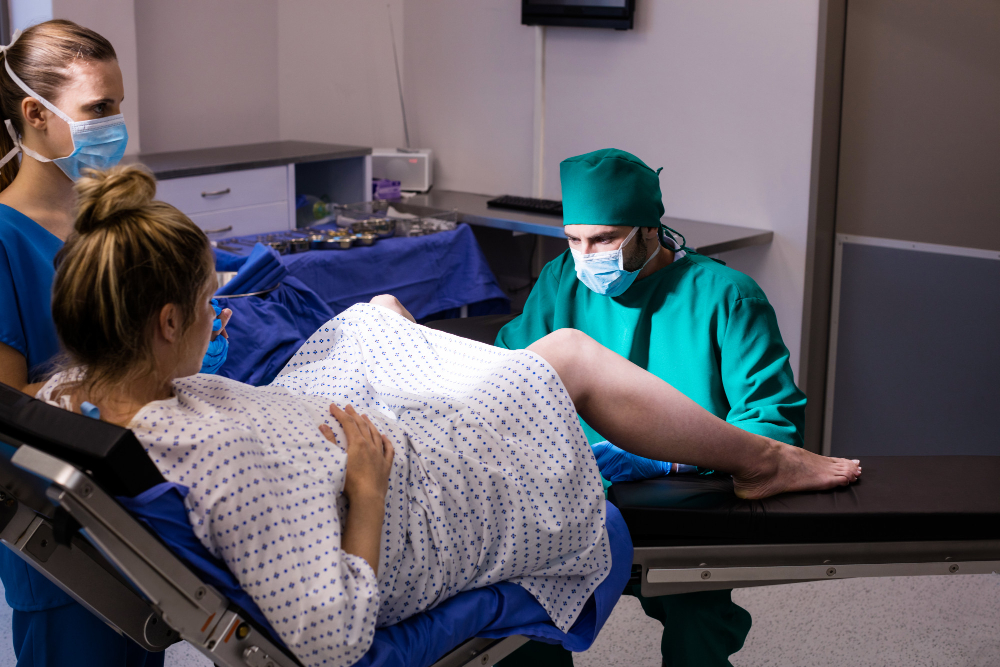
Amnioreduction is a procedure where excess amniotic fluid is removed from the amniotic sac, often to relieve pressure or treat polyhydramnios.
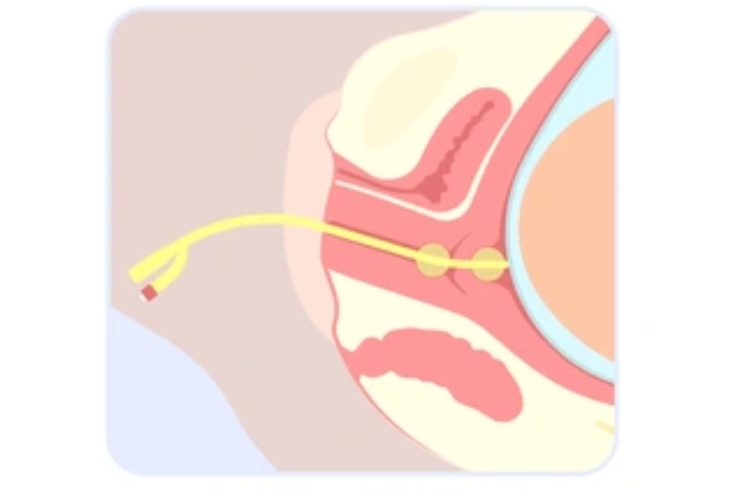
Amnioinfusion is a medical procedure in which fluid is introduced into the amniotic sac to treat fetal distress or cord compression.